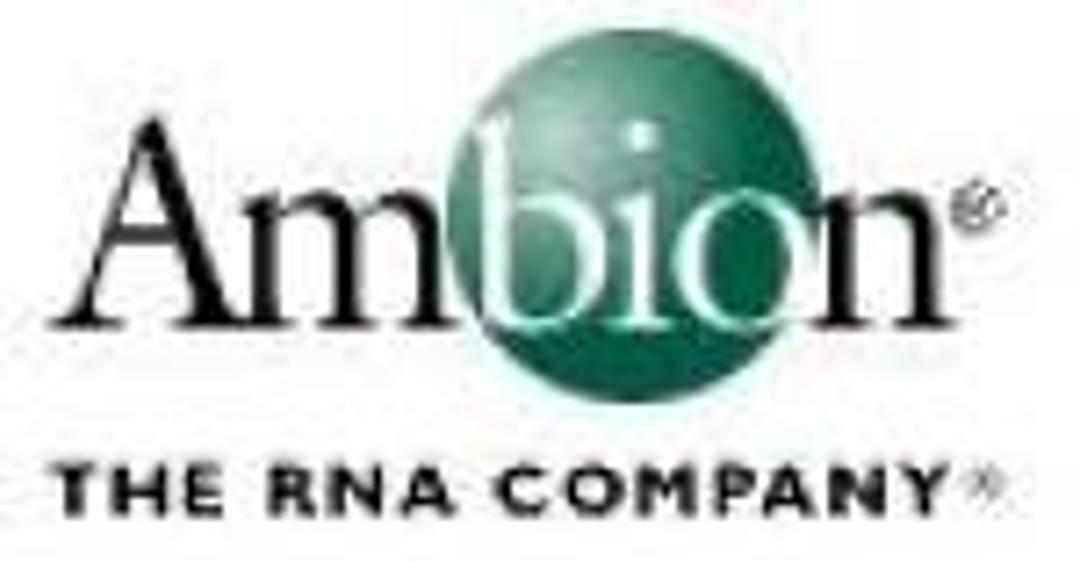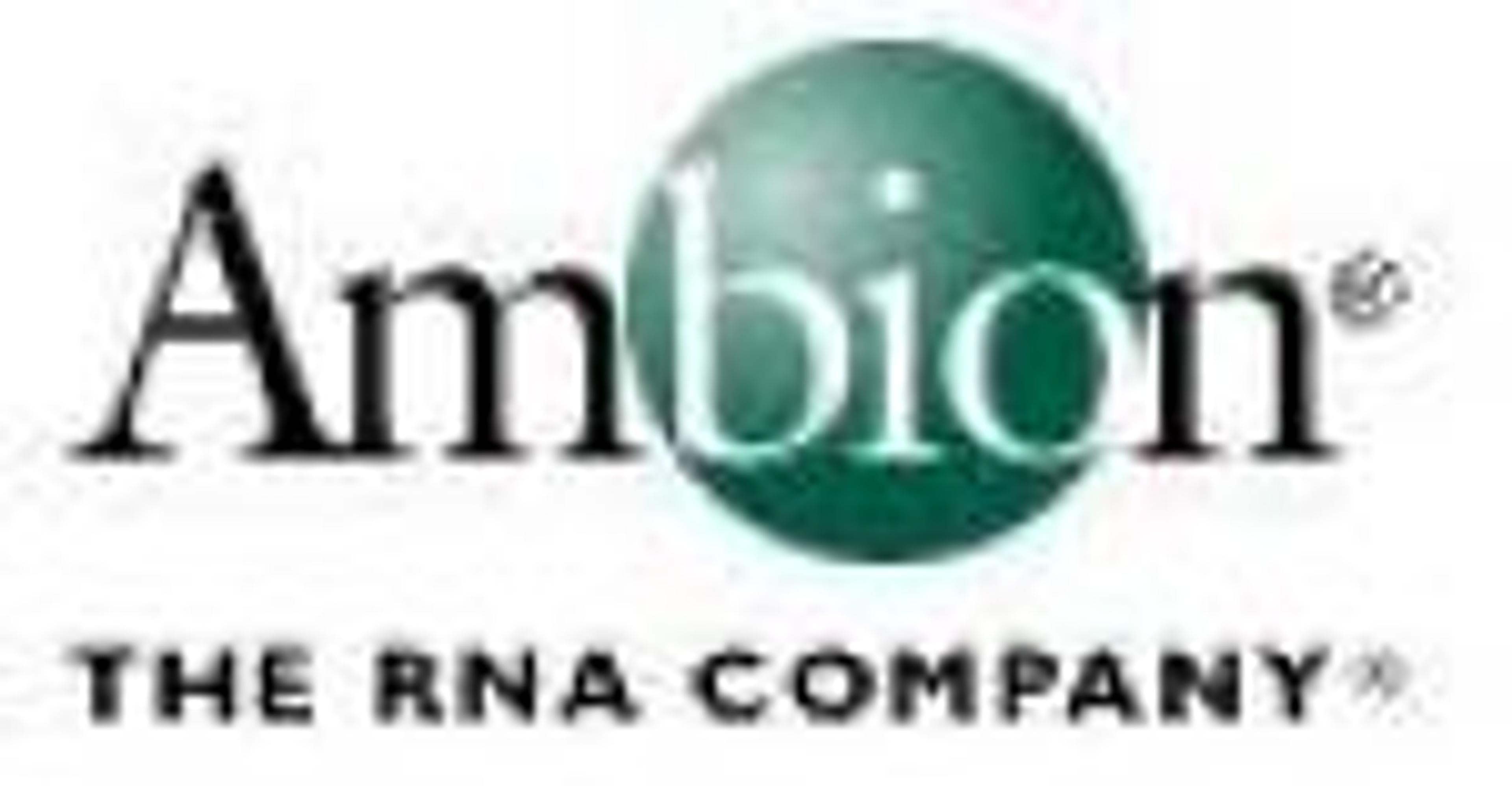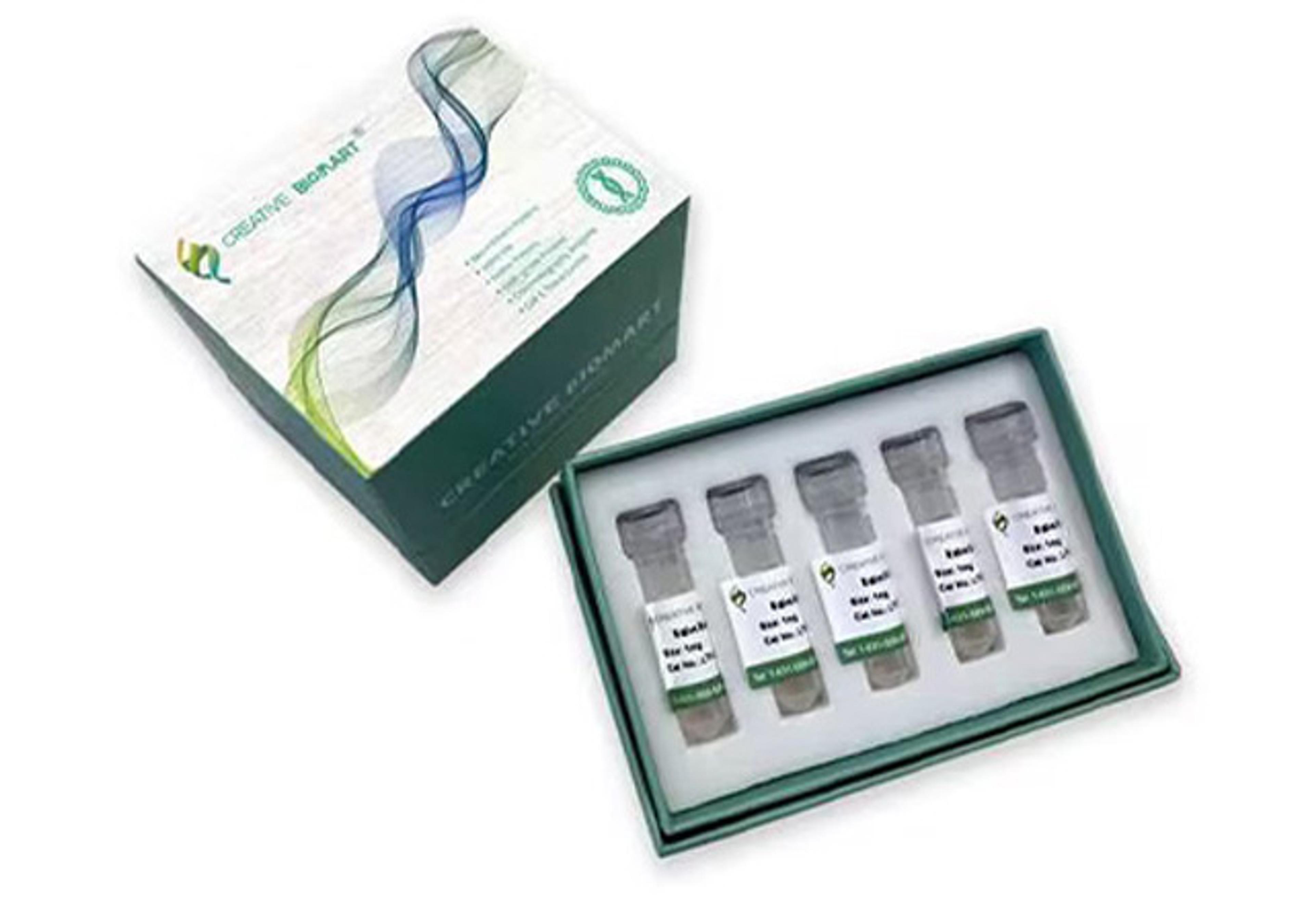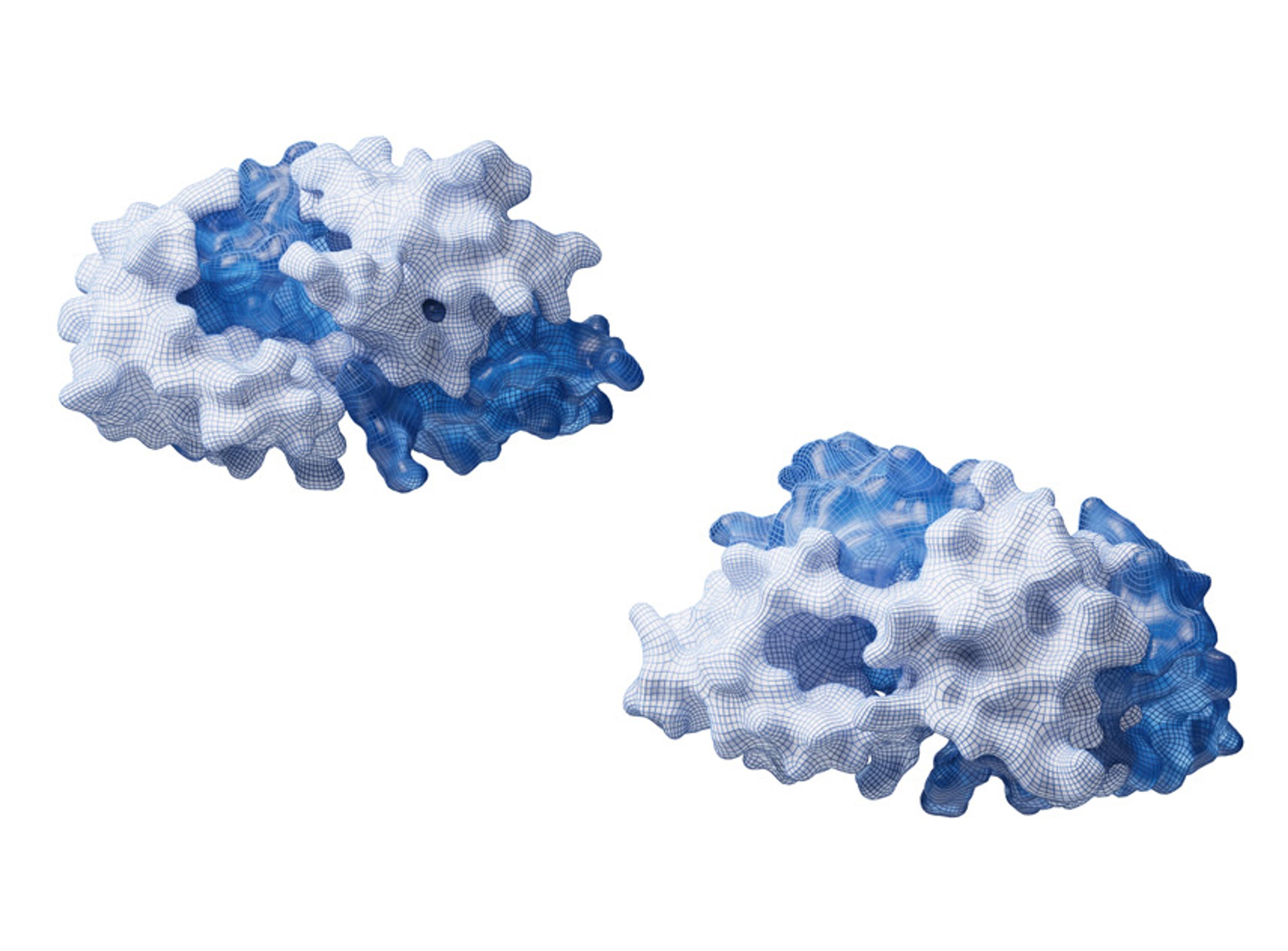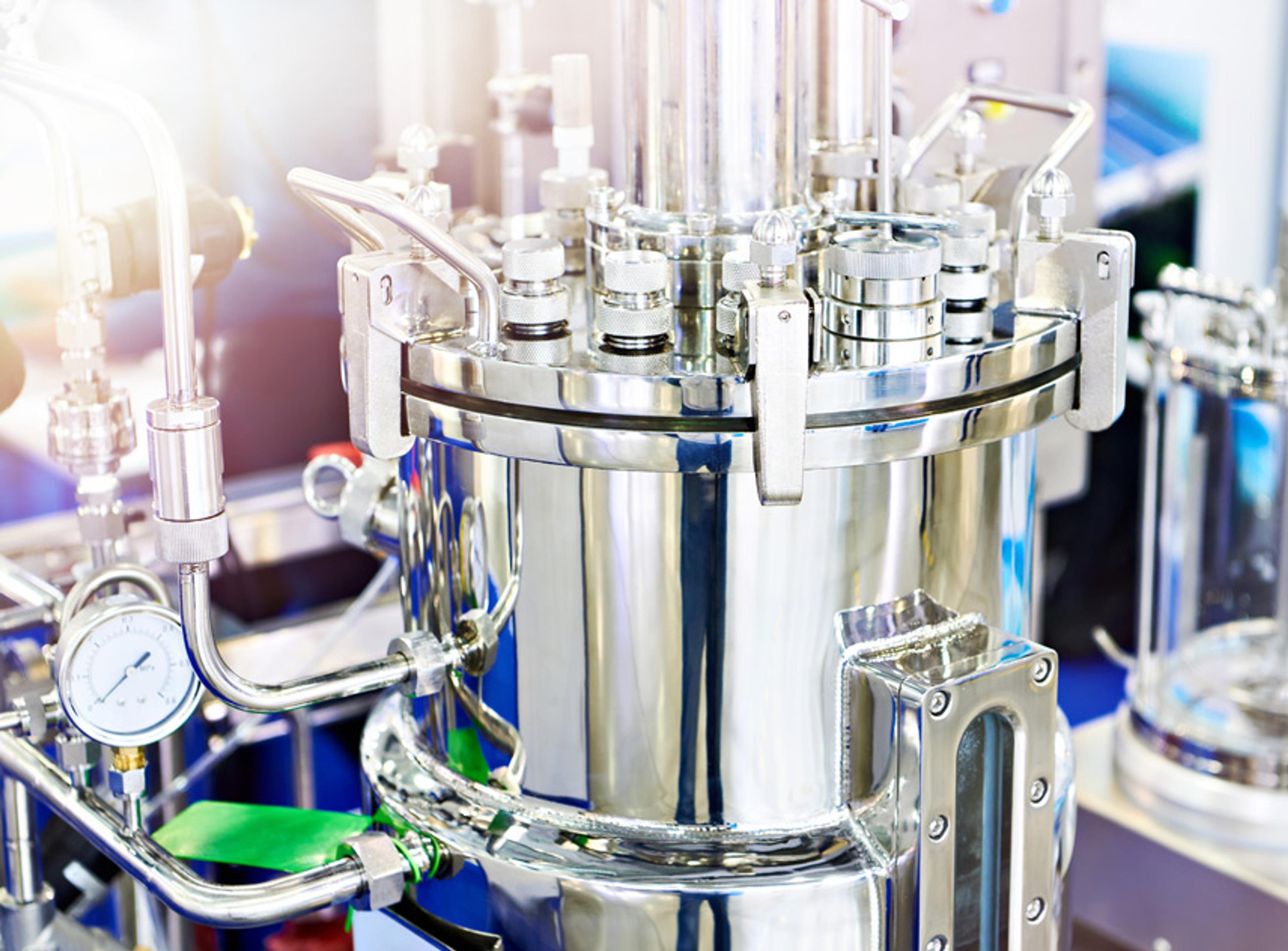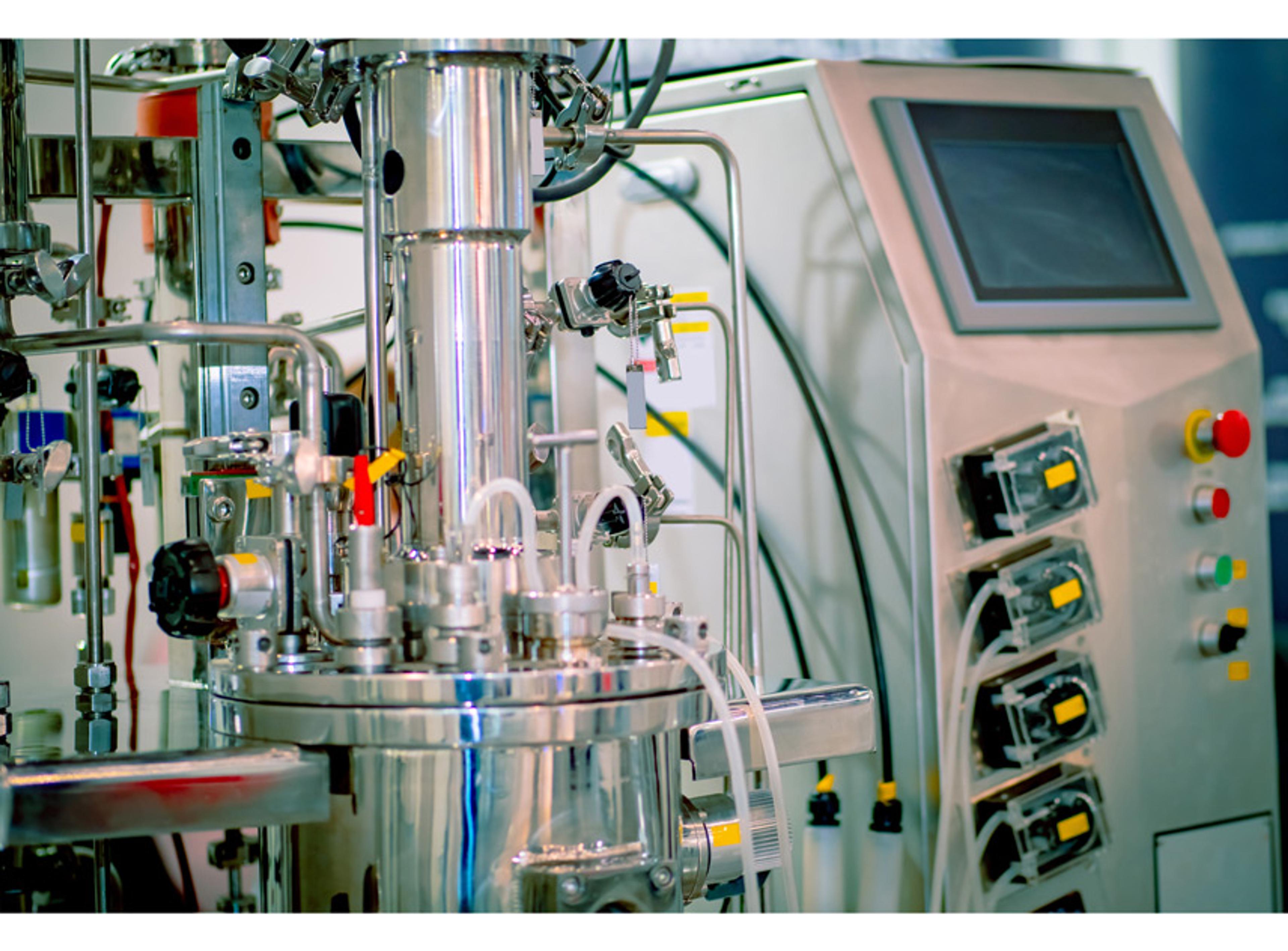MessageAmp™ II aRNA Amplification Kits
Increased amplification – Up to 5,000-fold Greater sensitivity due to increased yields of full-length cDNA GeneChip® quantities of aRNA from only 100 ng input RNA Efficient labeling produces high percent present calls and low 3'/5' ratios Expression profiling using gene arrays to simultaneously measure the expression levels of thousands of genes in a single experiment has become the most widely used method for assessing…
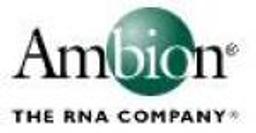
The supplier does not provide quotations for this product through SelectScience. You can search for similar products in our Product Directory.
Good results,good quality
Amplification Kit
Increased amplification—up to 5,000-fold Greater sensitivity due to increased yields of full-length cDNA GeneChip analysis with as little as 100 ng input RNA Efficient labeling produces high percent present calls and low 3'/5' ratios Includes ArrayScript RT, a specifically engineered M-MLV reverse transcriptase Optimized second strand cDNA synthesis reaction Expression profiling using gene arrays has become the most widely used method for assessing gene expression on a genome-wide/scale. The primary limitation of this technology is the requirement for large amounts of RNA for array hybridization. This hurdle is usually overcome by using T7 RNA polymerase-driven transcription of cDNA (obtained from total RNA samples) to amplify sufficient amounts of cRNA. This amplification method is the basis of the MessageAmp II aRNA Amplification Kit. Included in the kit is ArrayScript RT, a rationally engineered M-MLV reverse transcriptase, which produces equivalent or higher yields of full-length cDNA compared to other enzymes. The use of ArrayScript RT in conjunction with the optimization of the second-strand cDNA synthesis reaction results in increased conversion of mRNA into full-length, double-stranded cDNA templates. In addition, since the in vitro transcription (IVT) uses MEGAscript technology, the IVT incubation times are shortened. These improvements in the MessageAmp II kit also carry through to two-round reactions, facilitating robust amplification of total RNA from samples as low as 100 pg. Also,Bio-11-UTP (Cat. No. AM8450) and Bio-16-UTP (Cat. No. AM8451) can be used in MessageAmp aRNA amplification reactions for target labeling for GeneChip® analysis. The Bio-UTPs are confirmed free of nonspecific endonuclease activity, exonuclease activity, and RNase activity, and are functionally tested using the MessageAmp™ II aRNA Amplification Kit.
Review Date: 23 Jun 2021 | Ambion Inc
Review Date: 14 Jan 2011 | Ambion Inc
- Increased amplification – Up to 5,000-fold
- Greater sensitivity due to increased yields of full-length cDNA
- GeneChip® quantities of aRNA from only 100 ng input RNA
- Efficient labeling produces high percent present calls and low 3'/5' ratios
Expression profiling using gene arrays to simultaneously measure the expression levels of thousands of genes in a single experiment has become the most widely used method for assessing gene expression on a genome wide scale. The primary limitation of this technology is the requirement for large amounts of RNA for array hybridization. This is especially a problem when working with limited samples, such as small biopsies, mRNA-deficient cells and tissues, primary cell culture, and laser capture microdissection (LCM) samples. This hurdle is usually overcome by using T7 RNA Polymerase driven transcription of cDNA obtained from total RNA samples to amplify sufficient amounts of cRNA. This amplification method is commonly referred to as the “Eberwine method”, “IVT method” or the “aRNA or cRNA method”.
Ambion’s MessageAmp™ aRNA Amplification Kit was the first commercially available set of Eberwine-based aRNA amplification reagents. We are now pleased to announce the release the of the new MessageAmp™ II aRNA Amplification Kit that incorporates extensive improvements to the original kit. (For comparison to the original kit, see article sidebar entitled MessageAmp II Concordance with Original MessageAmp Kit.) At Ambion, we recognize that improving cRNA amplification involves more than simply increasing yields of labeled cRNA. As evident from the microarray expression profiling data we have generated comparing MessageAmp II to the Affymetrix recommended protocol for GeneChip® analysis, a high level of concordance is seen between the two procedures. In addition, the new kit provides a wide dynamic range of RNA input (100 pg – 5 µg). Furthermore, we have found that a single round of amplification performed with MessageAmp II on samples as low as 100 ng generates sufficient cRNA for GeneChip analysis.

